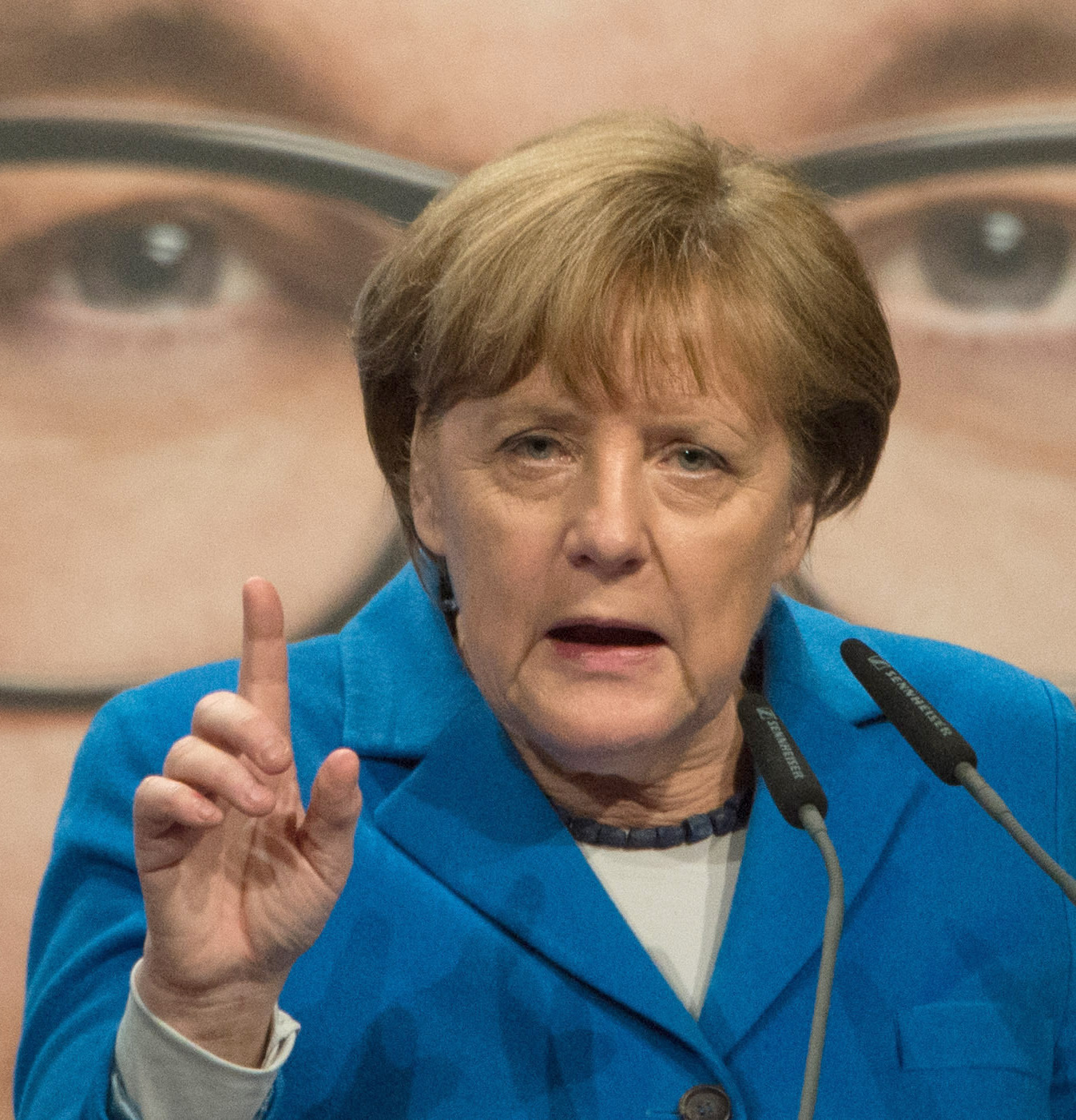Nationalists strong, setback for Merkel party in German vote
A nationalist, anti-migration party powered into three German state legislatures in elections Sunday held amid divisions over Chancellor Angela Merkel’s liberal approach to the refugee crisis. Merkel’s conservatives lost to center-left rivals in two states they had hoped to win. The elections in the prosperous southwestern state of Baden-Wuerttemberg, neighboring Rhineland-Palatinate and relatively poor Saxony-Anhalt in the ex-communist east were the first major political test since Germany registered nearly 1.1 million people as asylum-seekers last year. The three-year-old Alternative for Germany, or AfD — which has campaigned against Merkel’s open-borders approach — easily entered all three legislatures.
We are seeing above all in these elections that voters are turning away in large numbers from the big established parties and voting for our party.
Frauke Petry, AfD leader
There were uncomfortable results both for Merkel’s conservative Christian Democratic Union and their partners in the national government, the center-left Social Democrats. The traditional rivals are Germany’s two biggest parties. In all three states, the results were set to leave the outgoing coalition governments without a majority — forcing regional leaders into what could be time-consuming negotiations with new, unusual partners. Merkel’s CDU still has a long-shot chance of forming an untried three-way alliance to win the Baden-Wuerttemberg governor’s office. Germany’s next national election is due in late 2017. While Sunday’s results will likely generate new tensions, Merkel herself should be secure: she has put many state-level setbacks behind her in the past, and there’s no long-term successor or figurehead for any rebellion in sight.

Merkel